Africa almost giving land away, says UN
- Financial Times
- 24 May 2009
African countries are giving away vast tracts of farmland to other countries and investors almost for free, according to a report published by IIED, IFAD and FAO
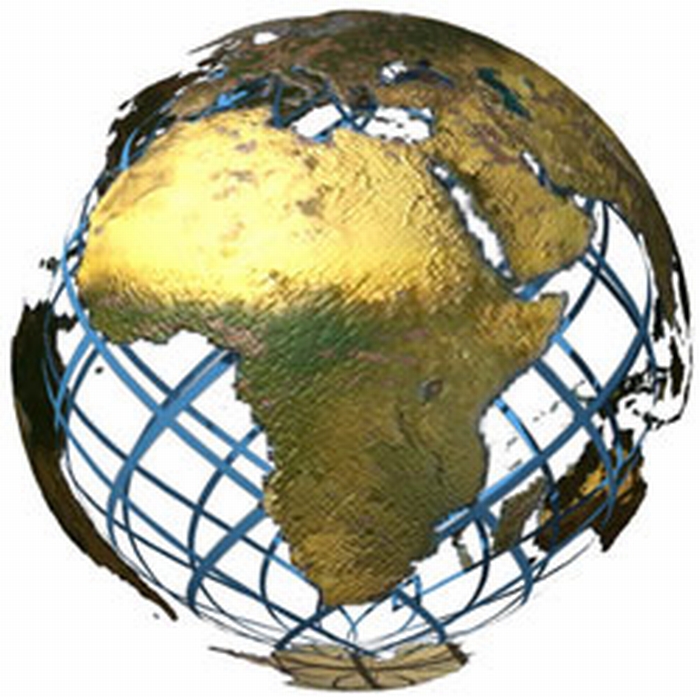
African countries are giving away vast tracts of farmland to other countries and investors almost for free, according to a report published by IIED, IFAD and FAO
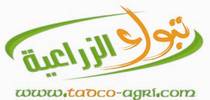
The Sudanese capital state of Khartoum has $45 billion worth of agricultural projects that are available for investors, Saudi newspaper Al-Watan reported on Sunday, quoting a senior official. One of the projects is worth $500 million and consists of tendering 2,100 sq km of farmland west of Omdurman.

A Norwegian company, ScanFuel Ltd., says its Ghanaian unit has contracted about 400,000 hectares of land, with up to 60 percent reserved for biofuel production, “not less” than 30 percent for food production and the remainder for biodiversity buffer zones.

Saudi agricultural company Tabuk Agricultural Development Co has started preparations to invest in food production abroad, driving up its stock.
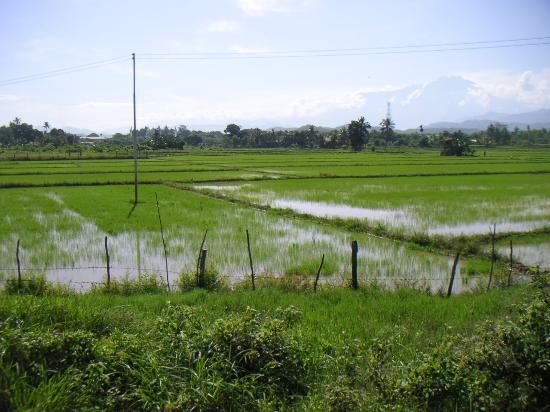
For a growing number of South African farmers, the Republic of Congo is the Promised Land. They’re scrambling to get on board an ambitious venture to reclaim farmland in Congo’s interior and help relieve that country of a reliance on food imports. Already some 70 farmers have booked a Congo tour and more than 3,000 have expressed interest, said Agri-SA, the South African farming group organizing the venture.
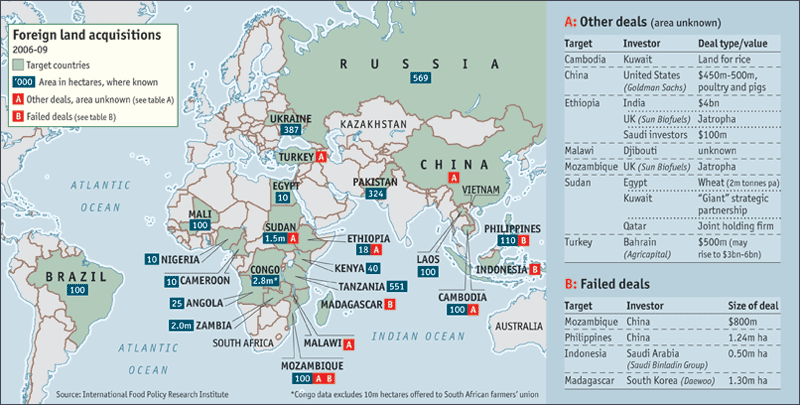
Rich food importers are acquiring vast tracts of poor countries' farmland. Is this beneficial foreign investment or neocolonialism?
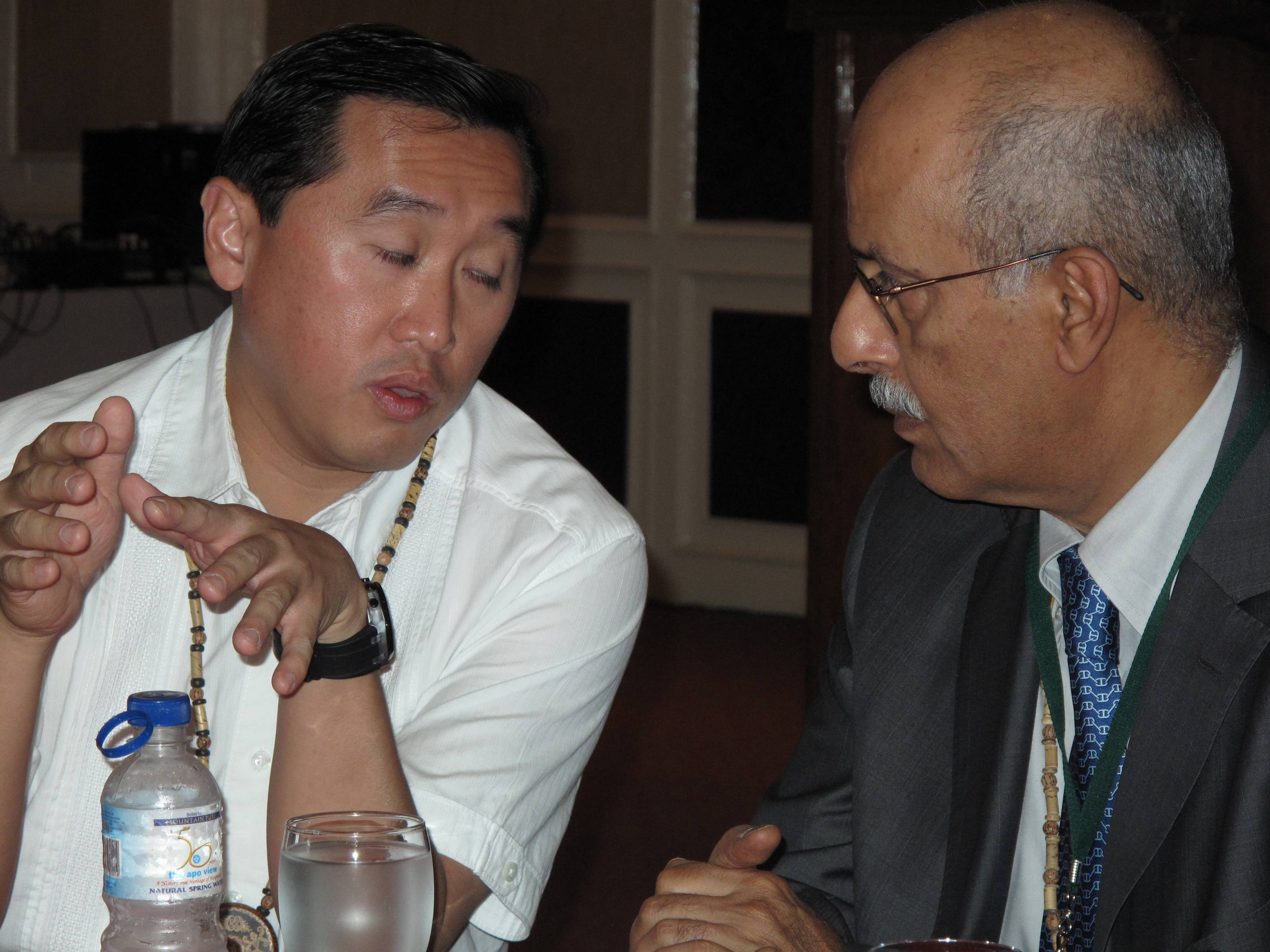
Russia, its appetite for cheap poultry meat growing, is spending billions of dollars developing its poultry farms to slash its dependence on imports and squeeze U.S. suppliers from their biggest export market.

A 23-member delegation composed of government and private sector representatives from the Kingdom of Saudi Arabia (KSA) headed by its Minister of Agriculture was recently on a mission here to explore investment opportunities in agriculture.

CNN's John Defterios takes a look at how Middle Eastern countries are scouring the globe for farmland.

I came across the word “peasant” as a small boy in 1979. That was my second year of learning the English language when government Census officials came knocking on our door in Western Kenya armed with two big English words I had never heard before; “Occupation” and “Peasant!”

A recent jump in rich country land purchases in the developing world has caught the attention of analysts in trade and human rights circles.
The people who have agreed to give out their land for free to SEKAB have been mislead by unrealistic promises
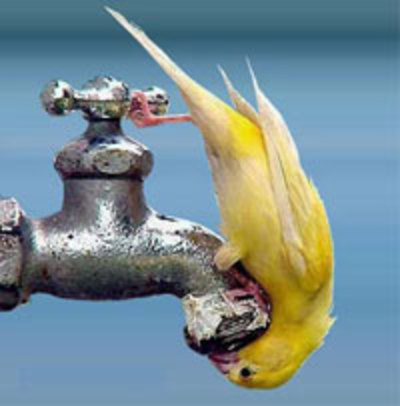
"A Thirst for Distant Lands: Foreign investment in agricultural land and water" provides a synopsis of current trends in the expansion of foreign investment in agriculture.

A conference in Utrecht on 8 July 2009

The Egyptian Ministry of Agriculture and Land Reclamation is planning to set up model farms in Uganda. So far, one site of 200 hectares suitable for wheat growing has already been identified at Labora, Koro sub-county in Gulu district.
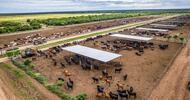
|
Paraguay: Huge beef farm hits market
|

|
Obsolètes, les réformes agraires ?
|